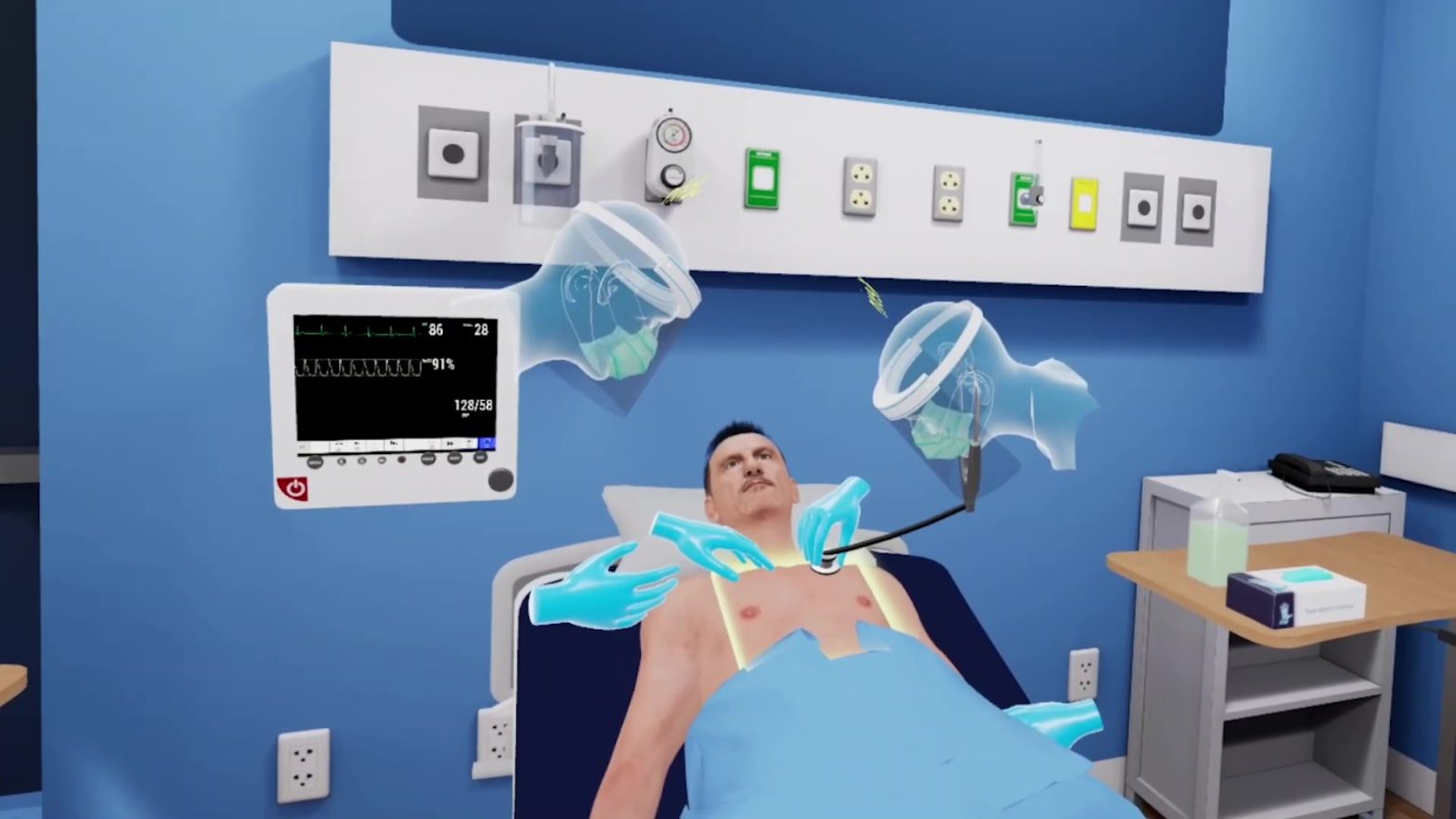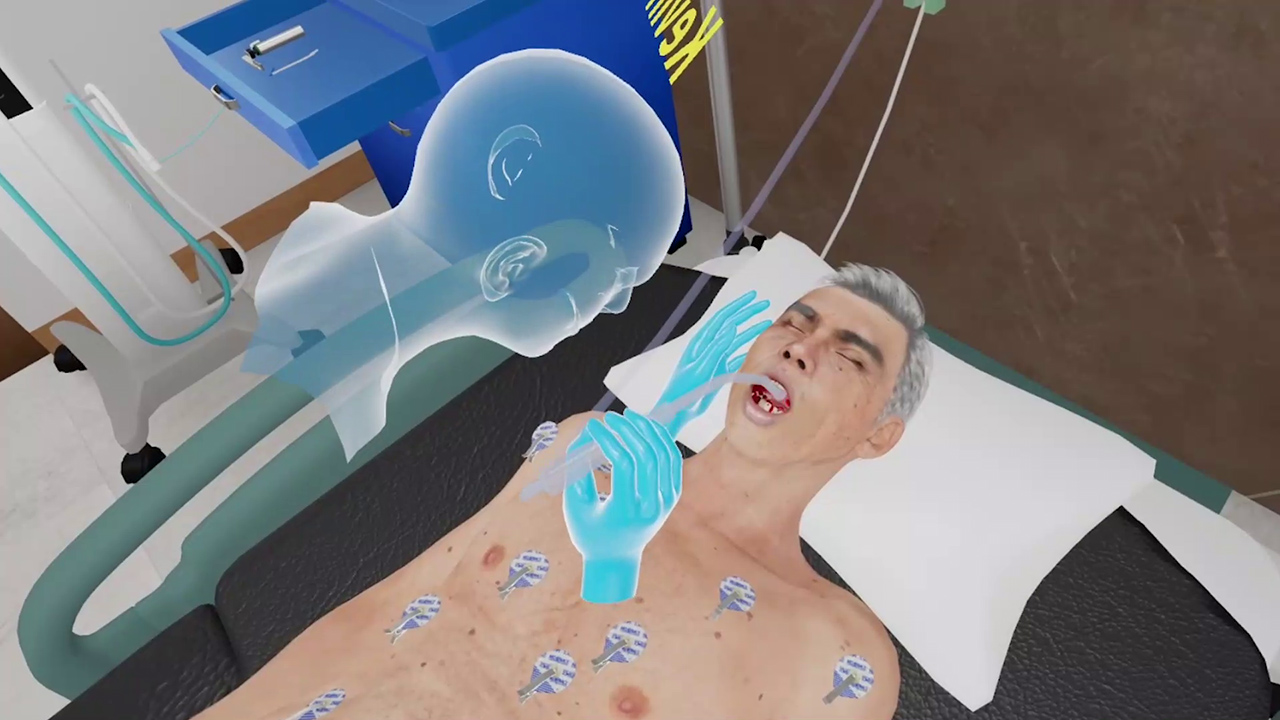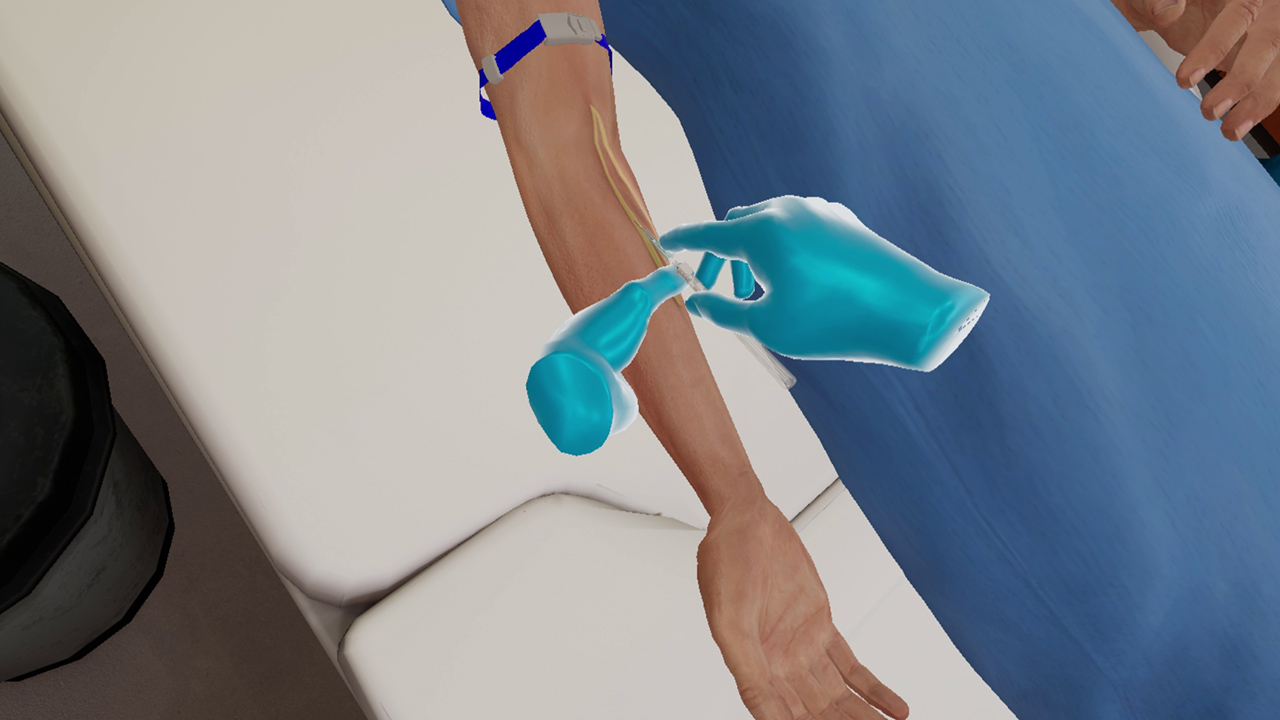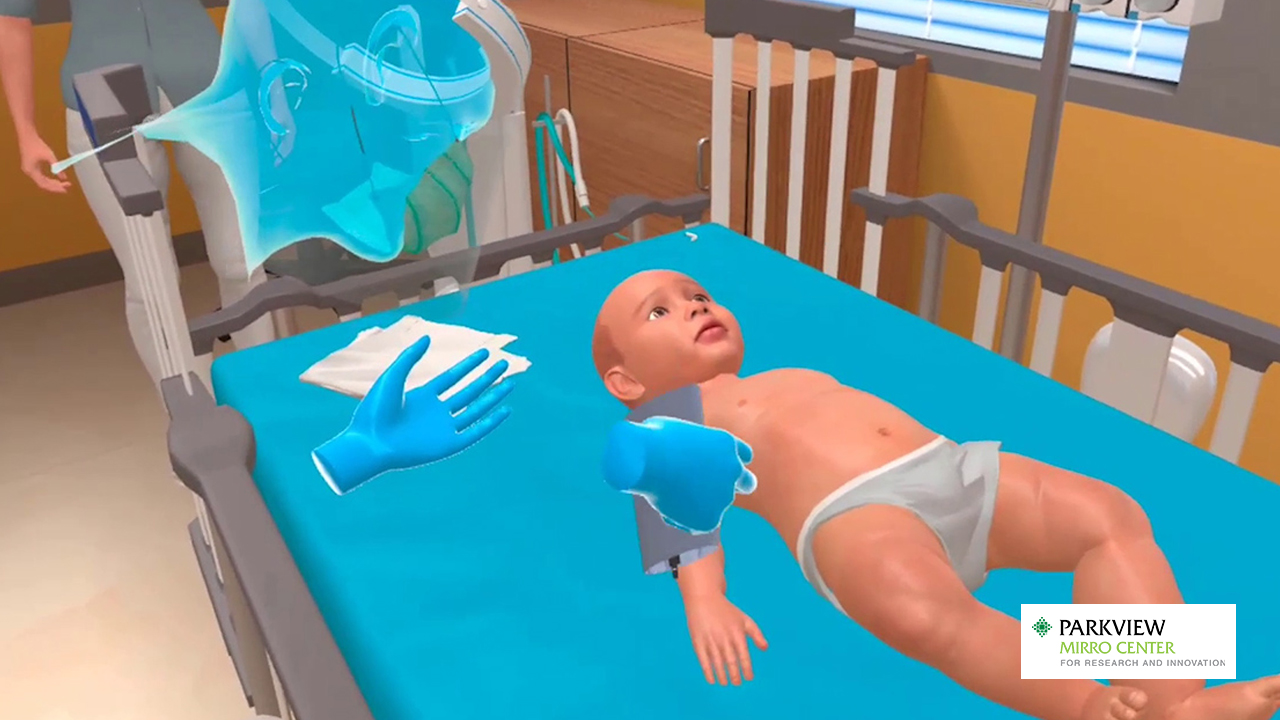
Clinical judgement is a collective term that includes key skills like effective communication, keen observation, critical thinking, teamwork, collaboration, and knowledge of best practices. It encapsulates the ability of healthcare professionals to assimilate vast amounts of information, interpret nuanced cues, and distill them into informed decisions. It is not merely about following protocols or algorithms but discerning the idiosyncrasies of each patient’s condition, accounting for context, variability, and the human element.
Significance of Clinical Judgment Skills
According to Phil Dickison, PhD, RN, Chief Operation Officer, NCSBN, “clinical judgement is (actually) a fundamental component of nursing, of what nurses do, who they are.”
A robust clinical judgment is not just a desirable trait but a non-negotiable attribute, directly influencing the quality, safety, and efficacy of healthcare delivery. Be it emergency rooms, intensive care units, or primary care settings, the significance of astute clinical judgment resonates profoundly.
– Informed Decision-Making: Clinical judgment is the linchpin in making well-informed decisions regarding patient care. It involves synthesizing vast amounts of data, interpreting symptoms, and weighing varied factors to arrive at the best possible course of action. This skill helps healthcare professionals navigate uncertainties and complexities in diagnoses and treatments.
– Enhanced Patient Outcomes: Robust clinical judgment directly correlates with improved patient outcomes. Accurate assessments, timely interventions, and personalized care decisions based on clinical judgment contribute significantly to positive health outcomes, recovery, and overall patient satisfaction.
– Healthcare Quality and Safety: The application of strong clinical judgment positively impacts the quality and safety of healthcare services. It minimizes errors, optimizes resource utilization, and fosters a culture of patient-centered care resulting in an elevated standard of healthcare delivery.
– Contextual Understanding: Clinical judgment involves understanding the context in which healthcare decisions are made. It considers not only the patient’s medical condition but also their social, cultural, and psychological aspects. This comprehensive approach leads to more effective and tailored care strategies.
– Adaptability and Flexibility: In a dynamic healthcare environment, clinical judgment enables adaptability and flexibility. It empowers healthcare practitioners to respond adeptly to unforeseen or evolving situations, adjusting care plans and decisions as new information arises.
– Continuous Improvement: Clinical judgment skills are not stagnant; they evolve and improve with experience, learning, and self-reflection. Encouraging ongoing development of these skills among healthcare professionals leads to continuous improvement in patient care and decision-making.
Clinical Judgement in Nursing Practice
The implications of clinical judgment transcend beyond individual patient encounters. They impact resource allocation, operational efficiency, and the overall landscape of healthcare quality. Moreover, in an era of ever-evolving medical advancements, the prowess of clinical judgment remains irreplaceable, complementing the advancements in technology and evidence-based medicine.
Clinical judgment is particularly crucial in the nursing profession due to its direct impact on patient care and outcomes making it a crucial component of the NextGen NCLEX exams.
– Patient Advocacy: Nurses, in most instances, are the primary point of contact for patients. Strong clinical judgment enables nurses to assess, identify, and advocate for the needs of their patients, ensuring personalized care and adherence to treatment plans.
– Holistic Patient Assessment: Nurses employ clinical judgment to conduct holistic assessments, taking into consideration physical symptoms, emotional, social, and psychological aspects of patient health. This comprehensive approach aids in creating tailored care plans.
– Prompt Decision-making: In critical and time-sensitive situations, nurses rely on their clinical judgment to make quick and effective decisions. This helps prioritize care, manage emergencies, and prevent complications.
– Patient Safety and Monitoring: Continuous monitoring and evaluation are vital in nursing. Clinical judgment assists nurses in identifying early signs of concern, responding to changes in patient condition, and preventing potential risks or adverse events.
– Collaboration and Communication: Nurses often collaborate with multidisciplinary teams. Sound clinical judgment facilitates effective interprofessional communication, enabling seamless coordination and holistic patient care.
– Ethical Decision-making: Nursing practice often involves complex ethical dilemmas. Clinical judgment guides nurses in navigating these situations, ensuring ethical principles are upheld while making patient-centered decisions.
– Continuous Improvement and Learning: Enhancing clinical judgment skills is an ongoing process in nursing. Nurses are encouraged to engage in reflective practice, seeking opportunities for learning and skill development to continually refine their judgment abilities.
– Patient Education and Empowerment: Nurses use clinical judgment to educate patients and their families, empowering them to understand health conditions, treatment options, and self-care strategies. This aids in promoting patient engagement and compliance.

Managing a case of massive hemoptysis in VR.
Refining Clinical Judgement Skills with MedVR Ed Simulations
MedVR Education, is a platform dedicated to creating quality VR training simulations for the field of healthcare. Its scenarios are developed in consultation with an experienced team of experts from various domains in the healthcare sector. Simulations are designed to provide learners the opportunity to think, weigh the conditions and take appropriate action helping develop clinical judgment skills. There are various features that contribute towards developing this skill.
– AI-powered Realistic and Immersive Learning: MedVR Ed offers nursing professionals highly realistic and immersive clinical scenarios. AI-powered simulations like pulmonary embolism or a case of seizure replicate diverse patient interactions, including routine care, critical emergencies, and complex patient scenarios, allowing nurses to experience and learn within a lifelike environment.
– Experiential Skill Development: Nurses engage in hands-on learning, allowing them to practice clinical decision-making, interventions, and patient interactions. This experiential learning approach enables nurses to internalize skills more effectively, aiding in their retention and application in real-world settings.
– Safe and Error-free Environment: MedVR Ed provides a risk-free learning environment, allowing nurses to make decisions and manage patient care without catastrophic, or life-threatening consequences. This promotes experimentation, learning from mistakes, and refining clinical judgment skills without compromising patient safety.
– Diverse Scenario Exposure: The MedVR Ed platform contains a wide range of scenarios including patient assessments, medication administration, wound care, and critical care situations. Exposure to diverse scenarios broadens nurses’ experience base, preparing them for the variability of patient care.
– Tailored Learning Paths: Simulations on the MedVR Ed platform can be customized to meet the specific learning needs of nurses, aligning scenarios with their areas of specialization or those requiring improvement. This personalized approach supports targeted skill development.
– Enhanced Critical Thinking and Decision-making: Nursing involves quick thinking and decisive action. VR simulations challenge nurses to think critically, make rapid decisions, and prioritize care, refining their ability to respond effectively in diverse patient situations.
– Collaboration and Communication: Many scenarios involve teamwork, fostering collaboration and communication among nursing professionals and multidisciplinary teams. The multiplayer feature from MedVR Ed mirrors real healthcare settings, preparing nurses for effective teamwork in patient care.
– Continuous Professional Development: VR technology facilitates continuous skill enhancement. Nurses can revisit scenarios, practice repeatedly, and refine their clinical judgment skills over time, supporting ongoing professional development.
– Ethical Dilemma Resolution: VR simulations often incorporate ethical dilemmas commonly faced in nursing practice. This enables nurses to navigate complex ethical decisions while maintaining patient-centered care, preparing them for real-life ethical challenges.
– Technological Integration in Nursing Education: Adopting VR in nursing education showcases a commitment to leveraging technology to enhance learning outcomes. It sets a precedent for the integration of innovative tools to elevate nursing education and practice, ensuring nurses are well-prepared for the complexities of patient care.
In essence, clinical judgment skills stand as the cornerstone of effective healthcare delivery. They amalgamate knowledge, experience, critical thinking, and empathy, shaping the decisions and actions that profoundly impact patient outcomes and the quality of healthcare systems. Clinical judgment is the backbone of nursing practice. It enables nurses to deliver high-quality, patient-centered care, fosters patient safety, and plays a pivotal role in advocating for the well-being of individuals under their care.
About MedVR Education:
MedVR Education is a continuing education platform, founded with the specific aim of providing immersive and engaging VR training solutions to healthcare professionals. Its dynamically growing library witnesses the addition of 4-5 new solutions every month. MedVR Education is at the forefront of implementing the latest technology in the field of VR and training, ensuring that learners get the best possible learning experience.
Contact us to know more about VR in healthcare training or visit MedVR Education to explore the various programs we offer.


